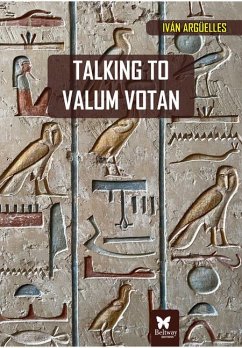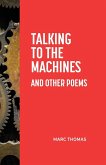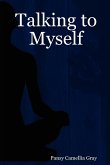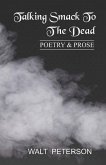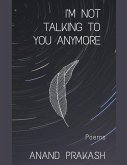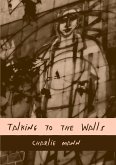Iván Argüelles' Talking to Valum Votan begins with a great cry: the animals don't realize susceptible to dying a death a thousand and years pass through a siphon well-water turns bitter darkness the exodus of flies through a miasma of rotted verdure the lawn of innocence prey to literature do not accept the thought coming to an end of the air that we breathe The mind circles around various areas of (related) awareness and settles into "Do not accept / the thought of coming to an end." This non-acceptance is of course a way of coming to terms with what the poets knows all too well will be a "coming to an end of the air that we / breathe." Born in 1939, Argüelles has been a powerful force for poetry--for consciousness--since the publication of his first books in 1978, nearly fifty years ago. To enter his intense, stunning, erudite world is to enter an extraordinary awareness of what it means to be alive, to be fully conscious, in this most problematical of periods. Tied to no "school"--including the Surrealist school which is sometimes mentioned in connection to him--he has been, in Pound's phrase, "a lone ant from a broken anthill," a bearer of troubled light. "What have we learned?" he asks: that hands are shapes that remember loss that we cannot possess whom we truly love that the end of time is almost here An extraordinary book from an octogenarian whose life has fed and nourished his unique awareness. Jack Foley --Ivan Arguelles
Hinweis: Dieser Artikel kann nur an eine deutsche Lieferadresse ausgeliefert werden.
Hinweis: Dieser Artikel kann nur an eine deutsche Lieferadresse ausgeliefert werden.
